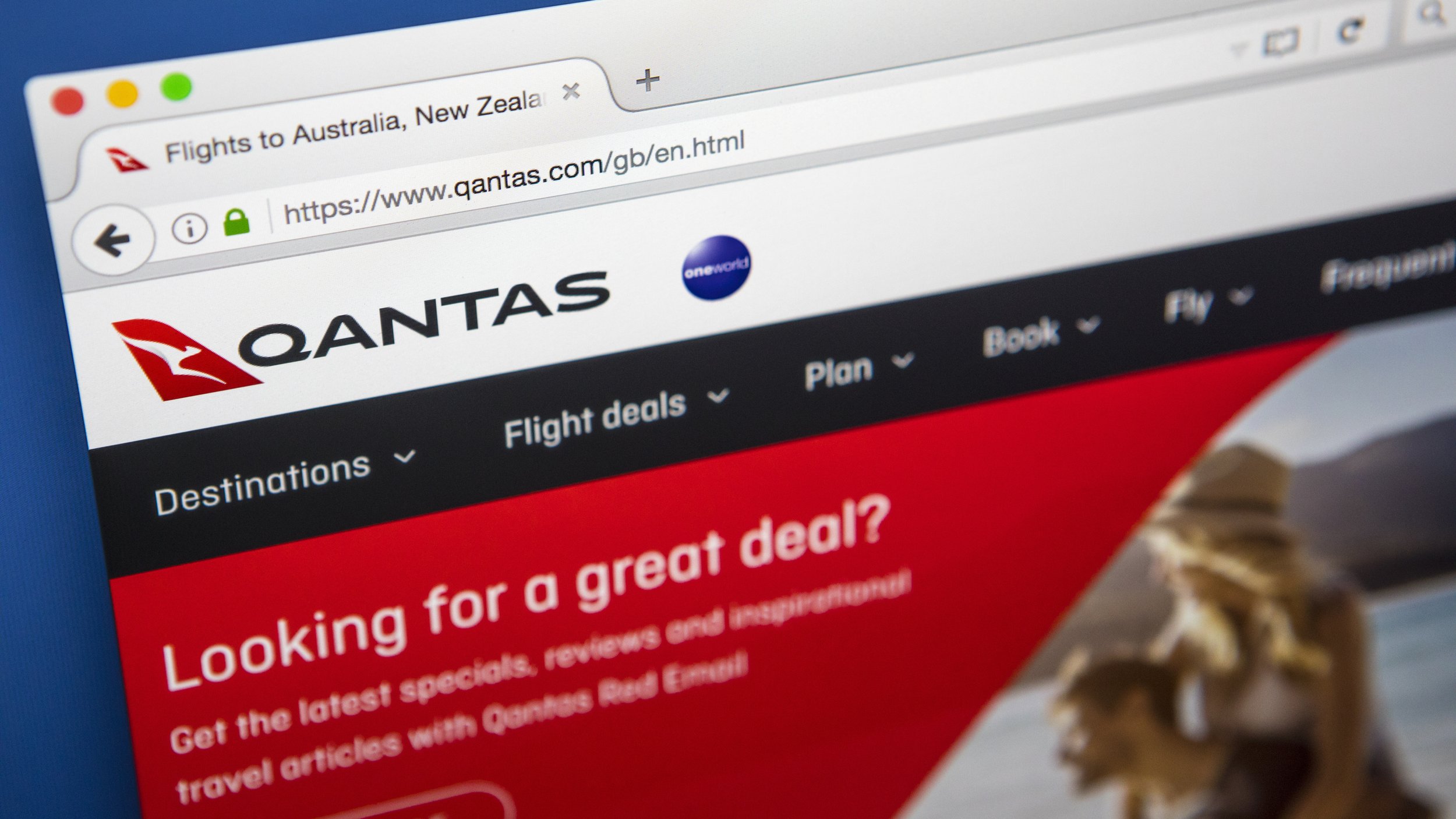Let the record show
The airline industry acts as a barometer of the economy. Bookings have rebounded in the wake of restrictions easing, with Qantas ticket sales 25 times higher in October than in August.
The Federal Government’s economic record will speak for itself at the next election. By Josh Frydenberg.
Since the Coalition came to government in 2013, the economy is larger, growth is faster and more than 1.4 million additional people are in work. The gender pay gap has narrowed and unemployment is at a 12-year low. Australia has maintained its AAA credit rating from the three leading agencies, one of only nine countries in the world to do so.
This has all been achieved despite Australia facing its largest economic shock since the Great Depression and its first recession in nearly 30 years.
In July 2020, the shadow treasurer said, “the biggest test of this government’s management of the recession and its aftermath will be what happens to jobs” and “whether or not unemployment stays too high for too long”.
A little over a year later, the verdict is in. Unemployment is 4.6 per cent. When Labor left office it was 5.7 per cent.
Australia has avoided repeating the experience of previous recessions, which saw labour market scarring and long-term unemployment. In the 1980s and ’90s, it took eight and 10 years respectively to get unemployment back to where it was. This time around, it took a little over a year.
Programs such as JobKeeper, the Cashflow Boost, the Coronavirus Supplement, the Boosting Apprenticeship Wage Subsidy Scheme and HomeBuilder saved hundreds of thousands of jobs and prevented economic armageddon. It was a full-court press where every fiscal and monetary policy lever was pulled, more than 500 separate initiatives, as the Morrison government, the Reserve Bank, business and regulators worked together like never before. Just last week, the Reserve Bank upgraded its economic growth forecast for 2022 from 4.25 per cent to 5.5 per cent, saying, “the economy is recovering rapidly” and “the solid momentum evident before the Delta outbreak is expected to resume”.
With our vaccination rate having broken through the 80 per cent threshold and now among the highest in the world, restrictions are easing and consumption is increasing. An additional $150m a day has been spent in Victoria and NSW since the end of the lockdowns, while more than 900,000 people have come off the Covid Disaster Payments.
Free from the shackles of curfews and border closures, airline bookings have rebounded, with Qantas ticket sales in October 25 times higher than that of August and Jetstar selling 75,000 international seats in just 72 hours.
Job ads are also 30 per cent higher than they were at the start of the pandemic and insolvencies 40 per cent lower. With consumer confidence rising and $340bn accumulated on household and business balance sheets, the economy is ready for liftoff.
This is the economic record the Coalition will campaign on at the next election. An economy that has weathered the storm as well as any other in the world and one that is set up for growth.
Be it through significant structural reforms to our tax system, which will see the abolition of a full tax bracket, lower company taxes for small and medium-sized businesses and a new patent box to encourage innovation.
An economy wide-digital transformation strategy that is reducing costs and encouraging choice through initiatives such as the consumer data right.
New investment in skills and training supporting more than 450,000 JobTrainer places, to meet the growing demand for workers from IT to disability support and aged care.
Improvements to superannuation that were opposed by Labor but that will save consumers nearly $18bn and for the first time prevent duplicate accounts, penalise underperformance and enable members to compare the fees and performance of their fund. And the successful passage of legislative changes to insolvency law, foreign investment, digital platforms and occupational licensing.
All of these were contested and previously in the too-hard basket.
The election will not be a rerun of 2019 but there will be common themes. Who can you trust to keep the economy strong? Keep taxes low? Keep creating jobs?
Labor will always want to spend more. It wanted JobKeeper to be expanded and extended. It wanted JobSeeker to be higher. It promised $6bn to pay people who had already had the jab and when we announced the end of emergency support payments at 80 per cent vaccination rates, it said it was too soon.
This epitomises Labor’s approach to running the economy – higher spending, which has to be paid for by higher taxes.
The Australian people have not forgotten Labor’s divisive class war rhetoric and its plans to hit them with $387bn of higher taxes on retirees, housing, savings, small businesses and workers. They are not fooled by Labor’s small-target strategy. They know Labor will say one thing before the election and make them pay the price afterwards.
Australians can be very proud of how their country has responded to the pandemic. We are now on the road to recovery. Labor’s high-tax agenda, which seeks to punish aspiration, will only put this recovery at risk.
Josh Frydenberg is the federal Treasurer. This op ed first appeared in The Australian and has been republished with permission.

